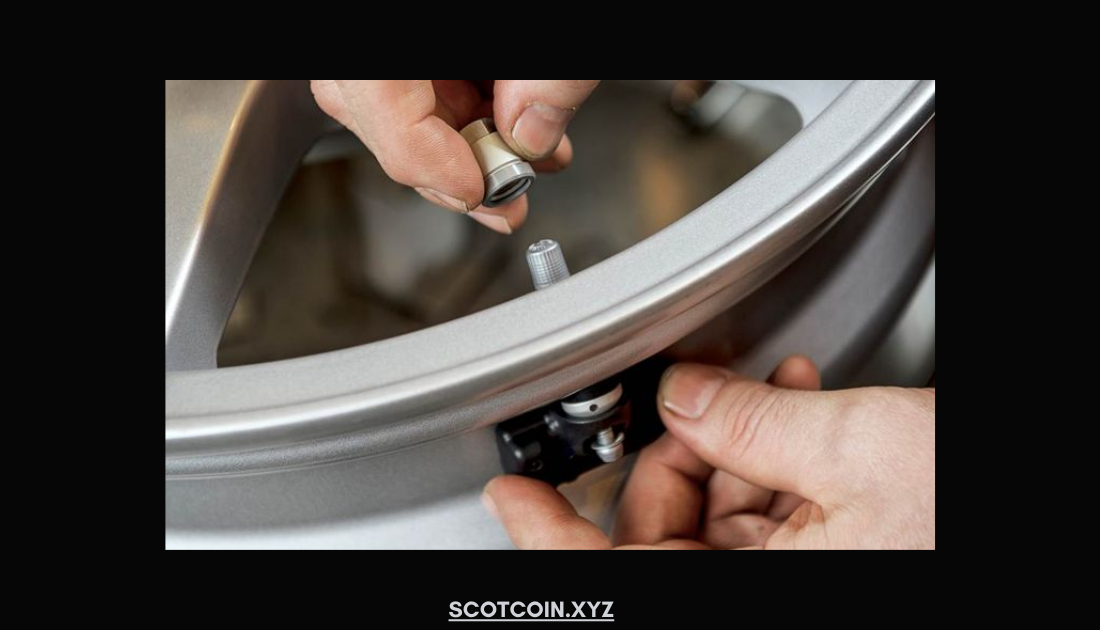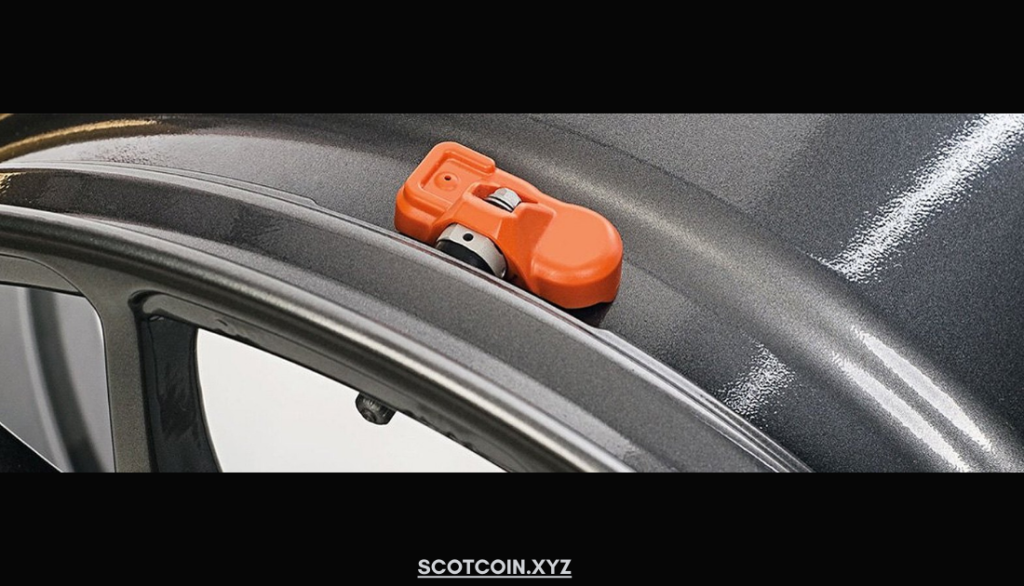Blog
Best Vehicle Wheel Sensor: Enhancing Safety and Performance
When it comes to modern vehicle safety, the wheel sensor plays a vital role. It monitors wheel speed and sends data to the car’s computer, enabling systems like anti-lock brakes (ABS) and traction control to function effectively. Choosing the best vehicle wheel sensor is essential for both safety and performance. This guide reviews top-rated wheel sensors, their benefits, and what to consider when selecting one for your vehicle.
Why Wheel Sensors Are Essential
Wheel sensors are crucial components in today’s vehicles. In addition, they allow critical safety features like ABS and electronic stability control (ESC) to operate. These sensors monitor each wheel’s speed and relay that information to the vehicle’s control systems. By doing so, they help prevent wheels from locking during braking and improve traction on slippery roads. Moreover, if a sensor fails, these safety features may be compromised, making it important to select a reliable replacement when needed.
Key Features of High-Quality Wheel Sensors
Choosing a high-quality wheel sensor means considering several important features. Here’s what to look for when selecting the best vehicle wheel sensor:
- Durability
A high-quality wheel sensor should withstand various environmental conditions, such as rain, snow, and high temperatures. Additionally, it should be resistant to corrosion and impact, ensuring long-lasting performance. - Accuracy
Accuracy is critical for effective wheel speed monitoring. For instance, an accurate sensor provides precise data to your car’s ABS and ESC, improving control and response times. Choosing a sensor known for its accuracy is essential for safety. - Compatibility
Not all wheel sensors fit every vehicle model. Always check compatibility with your car’s make, model, and year. Moreover, some sensors are designed specifically for certain types of vehicles, like SUVs or trucks, so be sure to choose one that matches your vehicle type. - Ease of Installation
Many vehicle owners prefer sensors that are easy to install, reducing the need for professional assistance. Furthermore, some sensors come with pre-attached cables or mounting hardware, which can make the installation process quicker and more convenient.
Top-Rated Vehicle Wheel Sensors
Here are some of the best vehicle wheel sensors available, offering reliability, precision, and durability:
- Best Overall: [Brand & Model]
This wheel sensor is known for its robust construction and compatibility with a wide range of vehicles. In addition, it’s praised for accuracy, making it a top choice for both safety and performance. Many users report that it’s easy to install and delivers consistent, reliable data. - Best for Durability: [Brand & Model]
Built with rugged materials, this sensor is ideal for vehicles used in harsh environments. Moreover, it’s resistant to moisture and corrosion, ensuring a long lifespan. This model is especially popular with drivers who frequently encounter wet or snowy conditions. - Best Budget Option: [Brand & Model]
For those on a budget, this wheel sensor offers dependable performance at an affordable price. While it may not have all the advanced features of high-end models, it provides accurate readings and is compatible with many standard vehicles. - Best for High-Performance Vehicles: [Brand & Model]
Specifically designed for high-performance and sports vehicles, this sensor offers rapid response times and high accuracy. Furthermore, it’s engineered to withstand extreme speeds and intense conditions, making it a favorite among sports car enthusiasts. - Best OEM Replacement: [Brand & Model]
This sensor matches original equipment manufacturer (OEM) specifications, making it an ideal replacement for factory-installed sensors. In addition, it offers easy installation and perfect compatibility with specific car models, ensuring seamless integration with the vehicle’s systems.

Benefits of Using High-Quality Wheel Sensors
Investing in high-quality wheel sensors provides several benefits, from improved safety to enhanced vehicle performance.
- Enhanced Safety: Accurate sensors ensure that your vehicle’s safety systems, like ABS and ESC, function optimally. Additionally, these systems reduce stopping distances and improve handling on slippery roads, which can be life-saving in emergencies.
- Increased Durability: Quality sensors are built to last, reducing the frequency of replacements. This durability saves time and money over the life of your vehicle.
- Better Performance: Precise sensors help maintain a smoother driving experience by providing accurate data for traction control and stability systems. Furthermore, they contribute to a more stable and responsive ride.
How to Install a Vehicle Wheel Sensor
Installing a wheel sensor may seem complex, but with the right tools and instructions, it’s achievable for most vehicle owners. Here’s a general guide on how to install a new wheel sensor:
- Lift the Vehicle Safely
Begin by lifting your vehicle using a jack and securing it with jack stands. Additionally, make sure to place the car on a level surface to prevent accidents. - Remove the Wheel
Loosen the lug nuts and remove the wheel to access the sensor area. For instance, on many vehicles, the sensor is located near the wheel hub or brake assembly. - Disconnect the Old Sensor
Locate the old sensor and disconnect it from the vehicle’s wiring harness. Moreover, take note of the sensor’s position, as this will help when installing the new one. - Install the New Sensor
Attach the new sensor in the same position as the old one. Secure it with any necessary screws or mounting hardware. In addition, connect the sensor to the wiring harness, ensuring it is firmly in place. - Test the Sensor
After installation, test the sensor by turning on your vehicle and driving at a low speed. If there are any issues, the ABS or traction control warning lights may illuminate, indicating a problem with the installation.
Common Mistakes to Avoid with Wheel Sensors
Even with the best vehicle wheel sensor, certain mistakes can affect performance and safety. Here are a few to watch out for:
- Ignoring Compatibility
Installing an incompatible sensor can lead to inaccurate readings or system malfunctions. Always verify compatibility with your vehicle model before purchasing a sensor. - Skipping Calibration
Some sensors require calibration after installation. However, skipping this step can lead to incorrect data transmission. Be sure to follow any calibration instructions provided by the manufacturer. - Improper Installation
Improper installation can damage the sensor or reduce its lifespan. For instance, failing to secure the sensor tightly may cause it to move, leading to inaccurate readings or potential damage.
Conclusion
Choosing the best vehicle wheel sensor can significantly improve your vehicle’s safety, performance, and overall driving experience. Ultimately, selecting a high-quality sensor with the right features ensures that your car’s ABS, ESC, and traction control systems function at their best. By investing in a reliable wheel sensor, you can drive with confidence, knowing your vehicle is equipped with advanced safety technology that keeps you and your passengers secure. Whether you’re seeking a durable sensor for tough conditions or a high-performa



